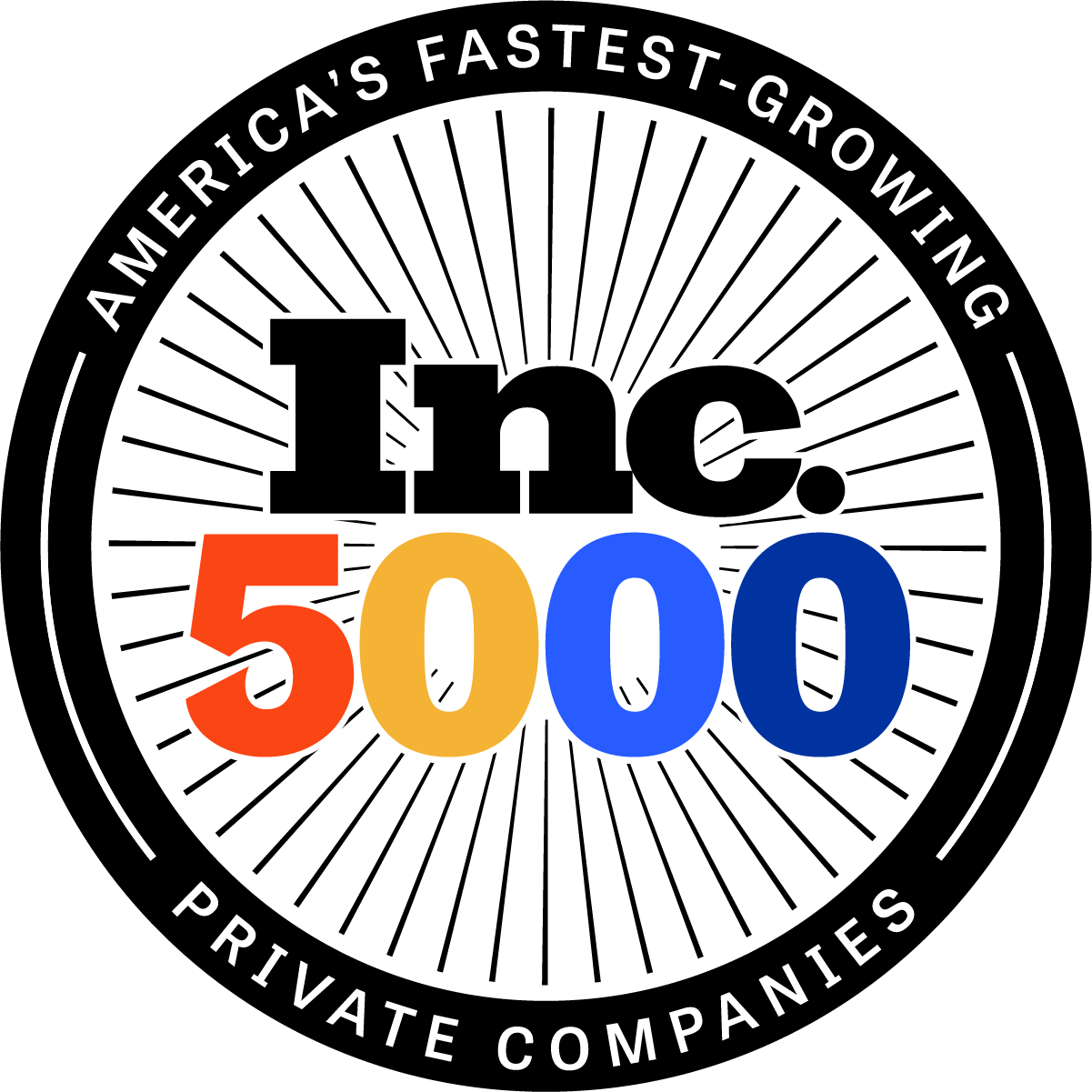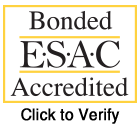There are few areas more crucial to get right in your business than Human Resources. And as the central piece of technology your organization relies on for HR data management, your HR Information System (HRIS) is as important to your company as the brain is to the function of the human body.
That’s why we’ve prepared this insightful guide to help you navigate the process of choosing your HRIS. This requirements checklist will equip you with the tools and information needed to select the right vendor.
What is HRIS and Why is it Important?
HRIS stands for Human Resources Information System. Think of it as the technology backbone that holds your organization’s HR functions together.
From managing employee data to handling payroll, benefits, compliance, and much more, a well-integrated HRIS can become your firm’s best ally. Not only does it streamline complex processes, but it also ensures data consistency and reduces errors.
Ultimately, a robust HRIS helps businesses make informed decisions while saving valuable time and resources.
Interested in HRIS? See a demo today
The Power of HRIS: Key Functions
HRIS is a critical HR technology, you’ll find a range of features designed to make life simpler for everyone. A robust HRIS platform delivers comprehensive HR for employers.
HRIS Requirements Checklist
Employee Information Management
Your HRIS is a repository for all pertinent employee information. Employee records including job and salary history, disciplinary actions, banking details, and time off used, are centralized and easily accessible. Additionally, an employee self-service portal empowers your team members to manage their own data, promoting transparency and trust.
Financial/Payroll Management
From processing payroll and overtime to automatic deductions, salary administration, and incentive management, an effective HRIS can do it all. This not only ensures accuracy and efficiency but also provides a clear record of financial transactions for future reference.
Benefits Management
A good HRIS should provide a comprehensive overview of benefits, including insurance, PTO, reimbursement accounts, retirement plans, and wellness programs. HRIS makes benefits administration easier, allowing you to track, manage, and communicate your benefits to your employees effectively and at scale.
Compliance
Of any HR issue, compliance with employment laws is one of the most important and your organization must be in compliance with the many federal eligibility and labor laws enforced by USCIS and the U.S. Department of Labor. Compliance with laws like EEO, GDPR, ISO standards, and many others, plus your company-specific regulations is critical for business operations. An HRIS can simplify this process by keeping you updated on regulatory changes and by helping you maintain compliance.
Learning & Professional Development
A well-rounded HRIS will incorporate tools for managing professional certifications, standardizing learning and development programs, and customizing training. Additionally, your HRIS can assist in administering learning courses, monitoring proficiencies, and managing multimedia learning materials. These functionalities promote continuous learning and help your company nurture talent from within.
Time & Attendance Management
HRIS automates time tracking across the board, including clock-in/out, project billing, and overtime tracking. Even details like workforce scheduling, PTO, time-off management, absence management, biometrics, and your company’s holidays can be taken care of with a capable HRIS. With a comprehensive overview of your employee’s time & attendance ecosystem, you can manage your workforce more effectively.
Recruiting & Onboarding Features
A good HRIS should also support your recruitment efforts by managing job postings, tracking applicants, automating responses, and facilitating pre-screening. Once a candidate is hired, HRIS streamlines their onboarding process. This means covering everything from pre-employment preparation and instruction of essential information, to introduction of key personnel and covering legal compliance to ensure a smooth transition into their new role.
Frequently Asked Questions about HR Information Systems
What is an HRIS?
An HRIS, or Human Resources Information System, is like your company’s central nervous nervous system for all things HR. It’s an integrated digital system designed to manage all your HR-related tasks in one place. From employee data and payroll management to benefits and compliance, an HRIS takes care of the nitty-gritty, leaving you more time to focus on growing your business.
Why is an HRIS important for businesses?
Imagine a world where your HR tasks are streamlined, your data is accurate, and decisions are easier to make: that’s what an HRIS brings to your business. It reduces errors, ensures data consistency, and saves you valuable time and resources. Plus, it puts a wealth of information at your fingertips, enabling informed decision-making. In a fast-changing world, a reliable HRIS like Aspen HR’s Aspen Cloud can be a game-changer, helping your business stay agile, informed, and ahead of the curve.
What are the key features to look for in an HRIS?
A good HRIS is like a Swiss army knife: multi-functional and reliable. Key features you should look for include: Employee Information Management, Financial/Payroll Management, Benefits Management, Compliance, Learning & Professional Development , Time & Attendance Management, Recruiting & Onboarding Features.
Remember, a comprehensive HRIS should manage all aspects of your HR processes and data, providing a seamless and efficient workflow.
How can you choose the right HRIS for your business?
Choosing the right HRIS for your business is an important process that can vary greatly depending on your unique needs. Start by identifying those needs. Then, use our HRIS requirements checklist above as a guide to evaluate different systems. You want an HRIS that not only meets your current needs but can also scale with your business. Remember to consider factors like cost, ease of use, and vendor support.
What is the role of compliance in HRIS?
A reliable HRIS is your legal safety net, meant to safeguard your company against legal troubles. It helps ensure that your business meets all the necessary regulations, from GDPR and ISO standards to EEO and your own company-specific rules. A good HRIS will help keep you updated on changes in regulations, assist in maintaining compliance, and provide reports for audit purposes.
Make our Checklist Your HRIS Game Plan
It’s important to remember that choosing the right HRIS depends on the unique strengths and needs of your company. The right system can make a huge difference, so it’s important to navigate the process carefully (using the guide above will help).
A robust HRIS (like Aspen Cloud by Aspen HR) can make all the difference in your organization’s potential. It can become your trusted partner in HR management, ensuring that your team is well-equipped to drive your business forward. If you’re exploring the advantages of an HRIS, don’t hesitate: talk to an expert today.







